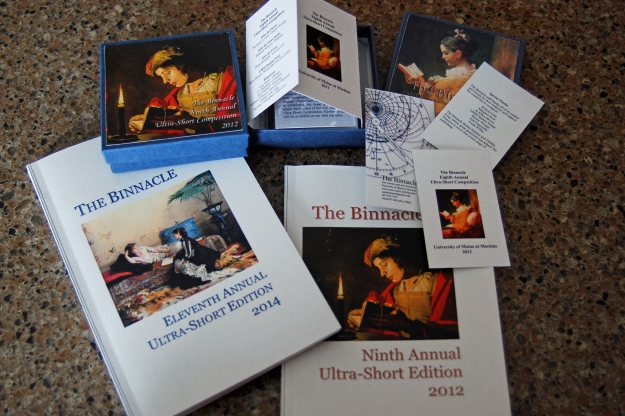Gonna kick up these old heels/Swing on that shiny pine floor/Stamp feet to that drum beat./Oh, find some lovin’ galore* – Bernice Lever
You won’t find Canadian poet Bernice Lever resting on her laurels in an easy chair. Even at the golden age of 80 plus years, she’s much too busy for that.

Canadian Poet Bernice Lever reads at World Peace Poets 6th Read-In, October 6, 2018 in Bellingham, Washington. Photo courtesy of Ashok K. Bhargava
In addition to working on her 11th book of poetry expected to be published in 2019, she is still giving readings and workshops. Earlier this month, she was one of six Canadian and 31 American poets to read at the World Peace Poets 6th Read-In in Bellingham, Washington. Two of her poems featured at that event will be published in a December chapbook.

Lever is one of 113 Canadian poets from Halifax to Vancouver published in TAMARACKS: Canadian Poets for the 21st Century (Lummox Press 2018)
Additional work recently appeared in two anthologies published by Lummox Press in San Pedro, California: LUMMOX Number 7 and TAMARACKS: Canadian Poetry for the 21st Century. She also had four poems featured in Delicate Impact, an anthology released by Beret Days Press in the summer
In April, the League of Canadian Poets highlighted her poem “Not Just My Bunions” for Poem In Your Pocket Day. (Read more here.) Plus one of her poems was selected for Poetry Pause the League’s new on-line showcase to be launched this November.
Recently, she was welcomed to share her praise of her multi-talented publisher, Marty Gervais and of his five decades of leading Black Moss Press and his national prize winning literary magazine. This coming book is edited by well-known writer Bruce Meyer.
Bernice Lever has made such an extensive contribution to the literary community that several organizations including the League, the Canadian Authors Association, and The Ontario Poetry Society have honoured her with Life Memberships.
I recently chatted with Bernice about her literary life, philosophy, and future goals.





